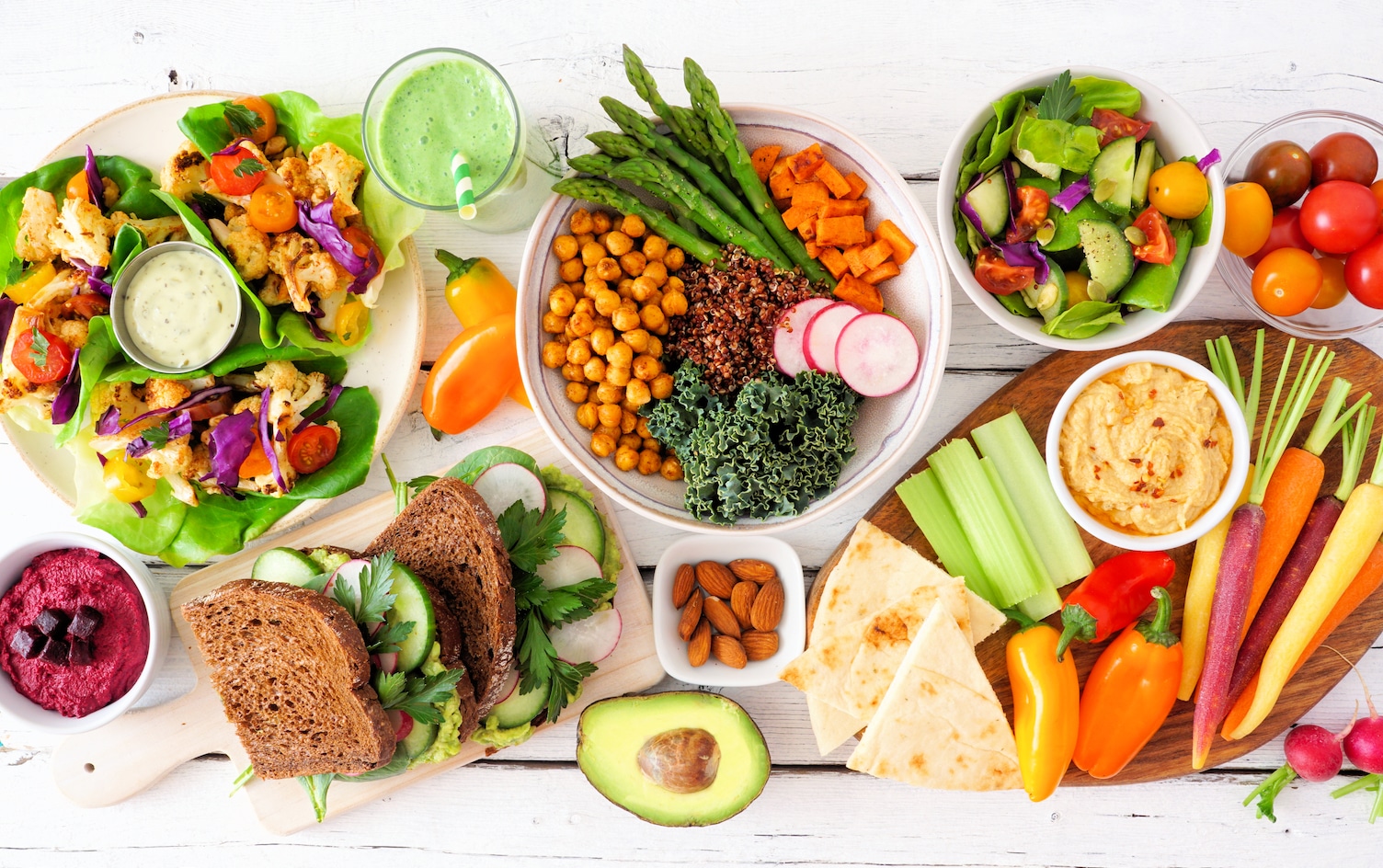It seems like every other week there’s some new health and wellness fad going viral on social media. There was the carnivore diet, the zero-carb “lifestyle” that promotes eating only meat. There was the egg diet, where you eat a bunch of, well, eggs. And now, there’s the Valencia diet.
Created by Dr. Daniel Valencia, the diet focuses on whole foods, specifically fruits and vegetables. But is it healthy? And just as importantly, is it sustainable for weight loss? We spoke with registered dietitian Daisy Mercer, RD, to get her take on the latest trend.
What is the Valencia Diet?
The Valencia diet looks similar to the Mediterranean diet in that it appears to be centered around whole unprocessed foods, including plant-based protein, fruits, vegetables, legumes, nuts, and seeds. In a video posted by Dr. Valencia, he explained that you can eat as many fruits and veggies as you’d like. For breakfast and dinner, he suggested that you should also incorporate non-meat protein, like eggs, Greek yogurt, or tofu.
According to the diet chart (found in this reel), the Valencia diet requires a caloric intake of around 1,500 calories per day, along with a recommended 1 gram of protein per pound of bodyweight.
ALSO TRY >> Ask the Dietitian: What’s the Best Carb, Protein, and Fat Breakdown for Weight Loss?
Is the Valencia diet healthy?
While everyone has different needs, Mercer says that the Valencia diet generally aligns with current dietary guidelines (as long as you’re eating adequate amounts).
There isn’t much research or scientific evidence specifically supporting the Valencia diet, but because it’s so similar to the Mediterranean diet, Mercer says some of the studies around that can apply—especially when you consider the emphasis on plant-based eating.
“In terms of the reduction of meat consumption, we often see less burden on our kidneys, and lower cholesterol levels,” Mercer explains.
Not only that, the Valencia diet may be less restrictive than other fad diets. “Since the Valencia diet emphasizes more of a change in the types of food we eat rather than restricting food/calories, it is more balanced and sustainable than some other popular diets,” Mercer says. “It is always better to add in more variety to our foods than to restrict food groups.”
She adds that the diet may be especially good for anyone interested in eating more whole foods or transitioning to more of a plant-based way of eating, along with anyone concerned about their heart health.
How to do the Valencia Diet
So you’ve decided to give the Valencia diet a try (and cleared it with your doctor, of course). What now? “Try to have a balance of carbs, fat, and protein at each meal,” Mercer says. She recommends using MyPlate to help with portion sizes and ensure you are eating enough for your individual needs. “If you often feel fatigued or hungry an hour or so after eating, you may need to eat a little more,” she says.
Keep an eye out for vitamin and mineral deficiencies, too. “Meat products are full of essential nutrients like B12, iron, magnesium, etc,” Mercer explains. “We tend not to be able to get as much of these things on a truly plant-based diet.” She recommends adding in supplements where needed.
And don’t be afraid to get creative in the kitchen with seasonings and flavors. “There are plenty of ways to make delicious meals from whole fruits, vegetables, and grains!” Mercer says. Who said eating healthy has to be boring?!





